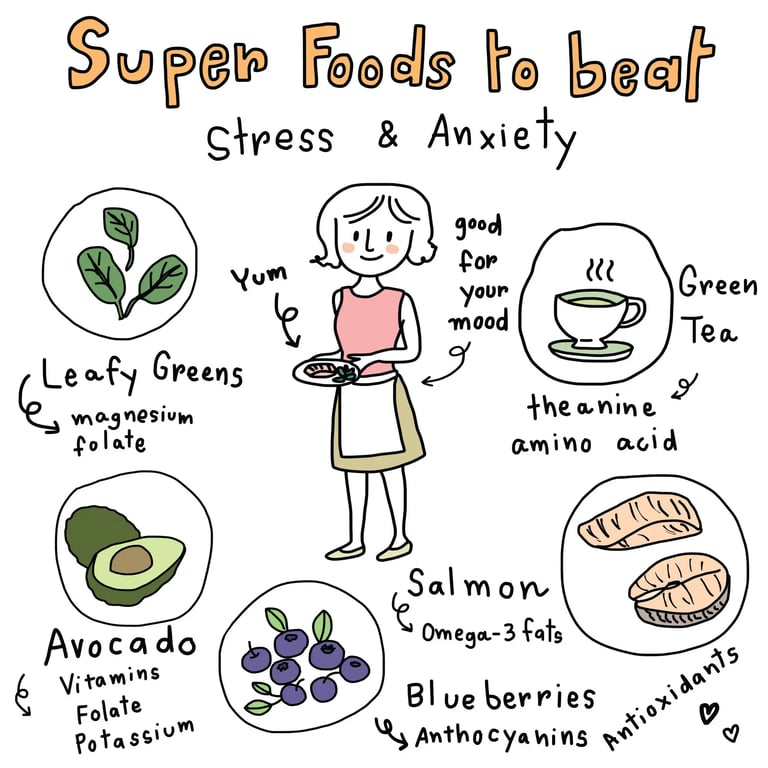Alcohol Abuse and Nutrition


Alcohol abuse is any pattern of alcohol consumption that harms your health, relationships, or work.
Alcohol abuse can affect how your body breaks down and absorbs nutrients from food by causing your liver to work abnormally. Additionally, many people who abuse alcohol do not eat enough carbohydrates, protein, fat, vitamins, and minerals. This can cause poor nutrition (malnutrition) and a lack of nutrients (nutrient deficiencies), which can lead to further complications.
Nutrients that are commonly lacking (deficient) among people who abuse alcohol include:
• Vitamins.
◦Vitamin A. This is stored in your liver. It is important for your vision, metabolism, and ability to fight off infections (immunity).
◦B vitamins. These include vitamins such as folate, thiamin, and niacin. These are important in new cell growth and maintenance.
◦Calcium. This is important for your bones and your heart and blood vessel (cardiovascular) function.
Nutrition is an essential component of therapy for alcohol abuse. Your health care provider or dietitian will work with you to design a plan that can help restore nutrients to your body and prevent potential complications.
WHAT IS MY PLAN?
Your dietitian may develop a specific diet plan that is based on your condition and any other complications you may have. A diet plan will commonly include:
◦Iron. This is important for blood, muscle, and nervous system functioning.
◦Vitamin C. This plays an important role in iron absorption, wound healing, and immunity.
◦Vitamin D. This is produced by your liver, but you can also get vitamin D from food.
Vitamin D is necessary for your body to absorb and use calcium.
• Minerals.
◦Magnesium. This plays an important role in muscle and nerve function, and it helps to control blood sugar and blood pressure
◦Zinc. This is important for the normal function of your nervous system and digestive system (gastrointestinal tract).
• A balanced diet.
◦Vegetables: 2–3 cups per day.
◦Fruits: 1–2 cups per day.
◦Meat and other protein: 5–6 oz per day.
• Vitamin and mineral supplements.
WHAT DO I NEED TO KNOW ABOUT ALCOHOL AND NUTRITION?
• Consume foods that are high in antioxidants, such as grapes, berries, nuts, green tea, and dark green and orange vegetables. This can help to counteract some of the stress that is placed on your liver by consuming alcohol.
• Avoid food and drinks that are high in fat and sugar. Foods such as sugared soft drinks, salty snack.

ADDRESS
Rajeshwari Nagar, East Tambaram, Selaiyur, Near Camp Road Signal (Opp to Pantaloons) Chennai, Tamil Nadu 600059
+91 78717 54321
Mon - Sat 7:00 pm – 10.00 pm
Sunday: (On Appointment)
To schedule an appointment
BOOK ONLINE
or
call us at: +91 78717 54321
